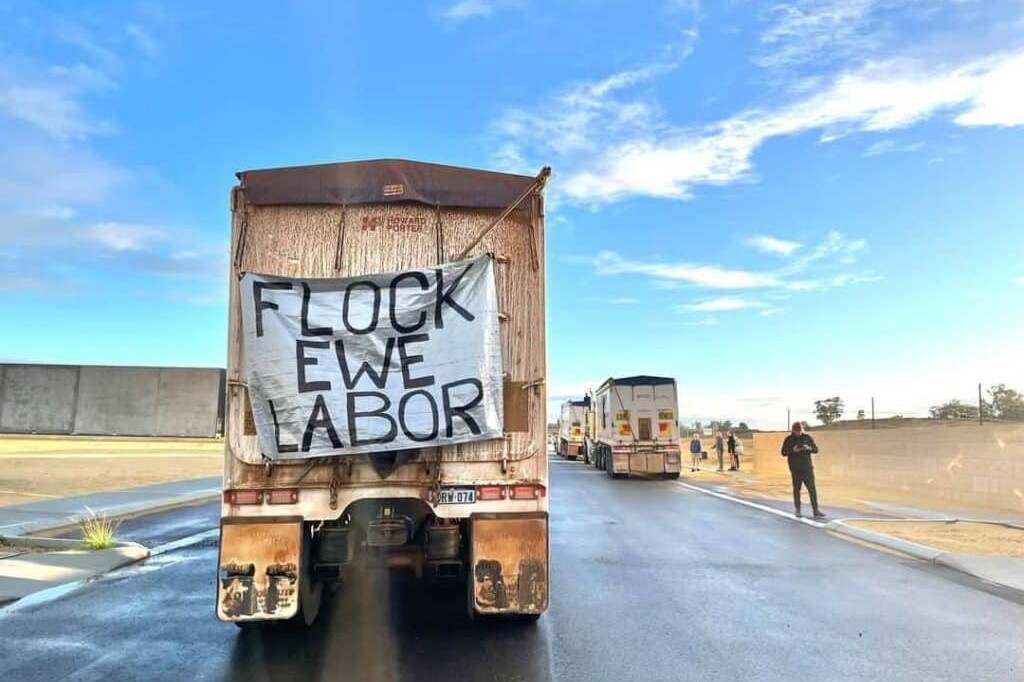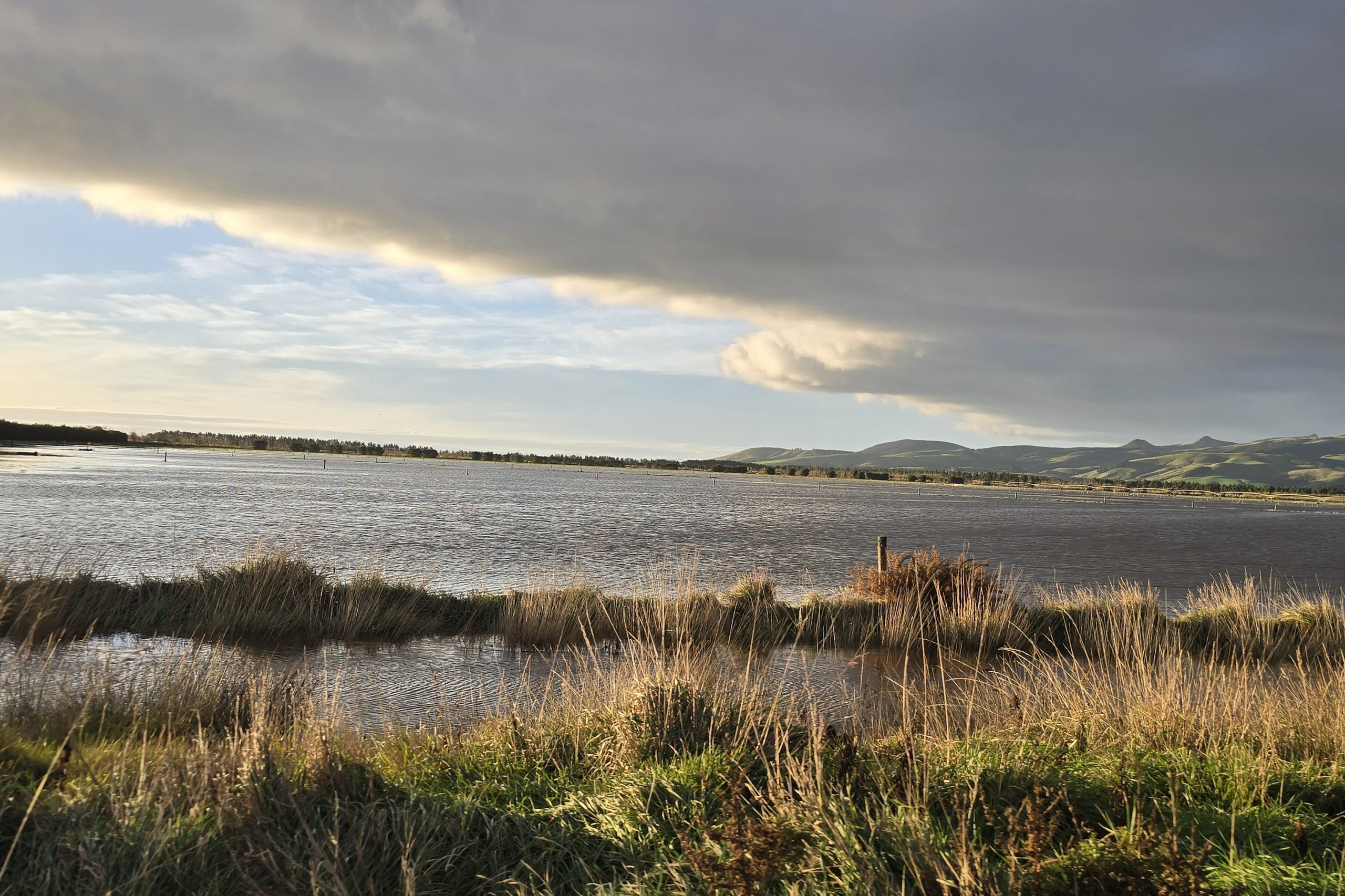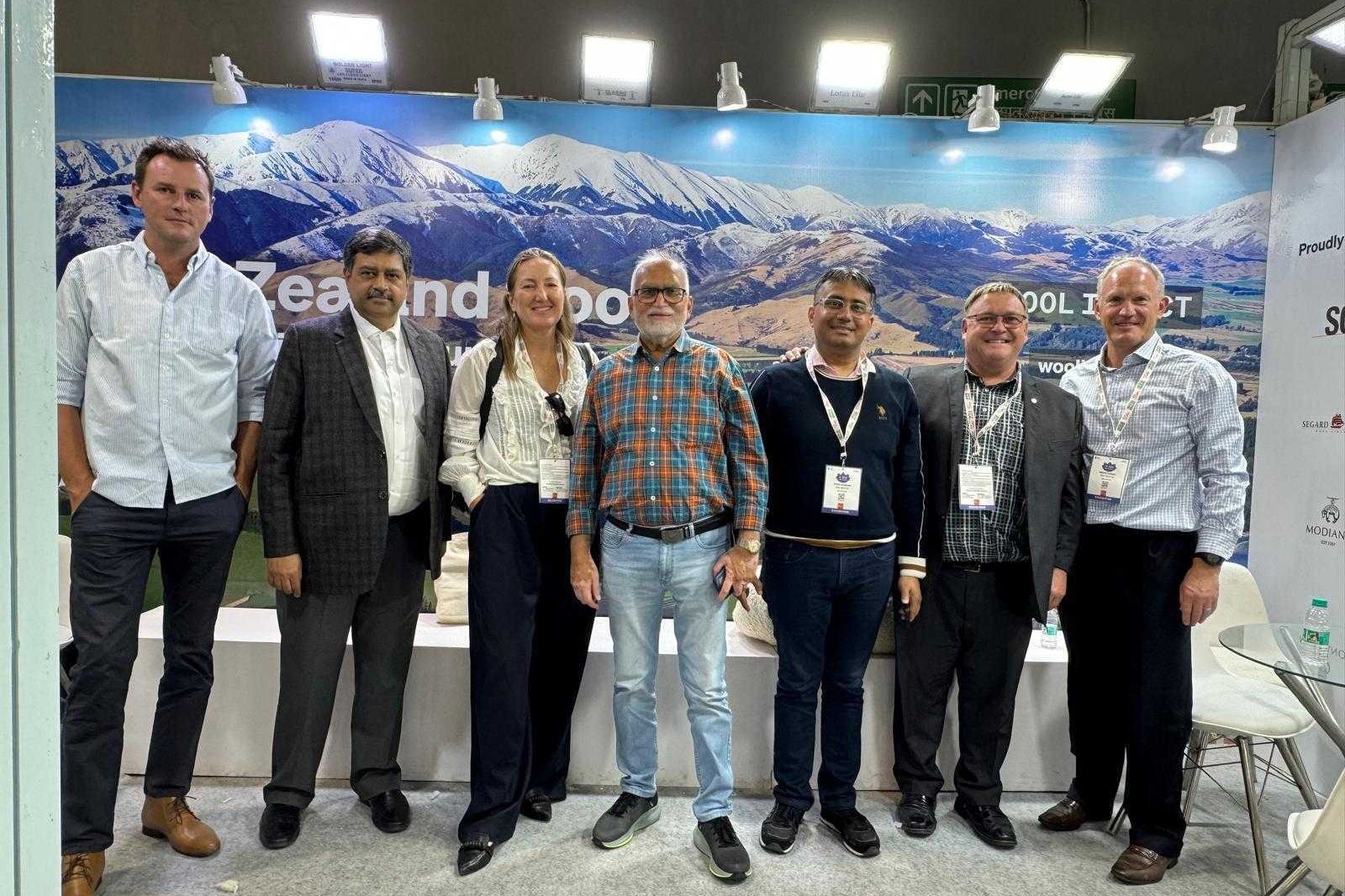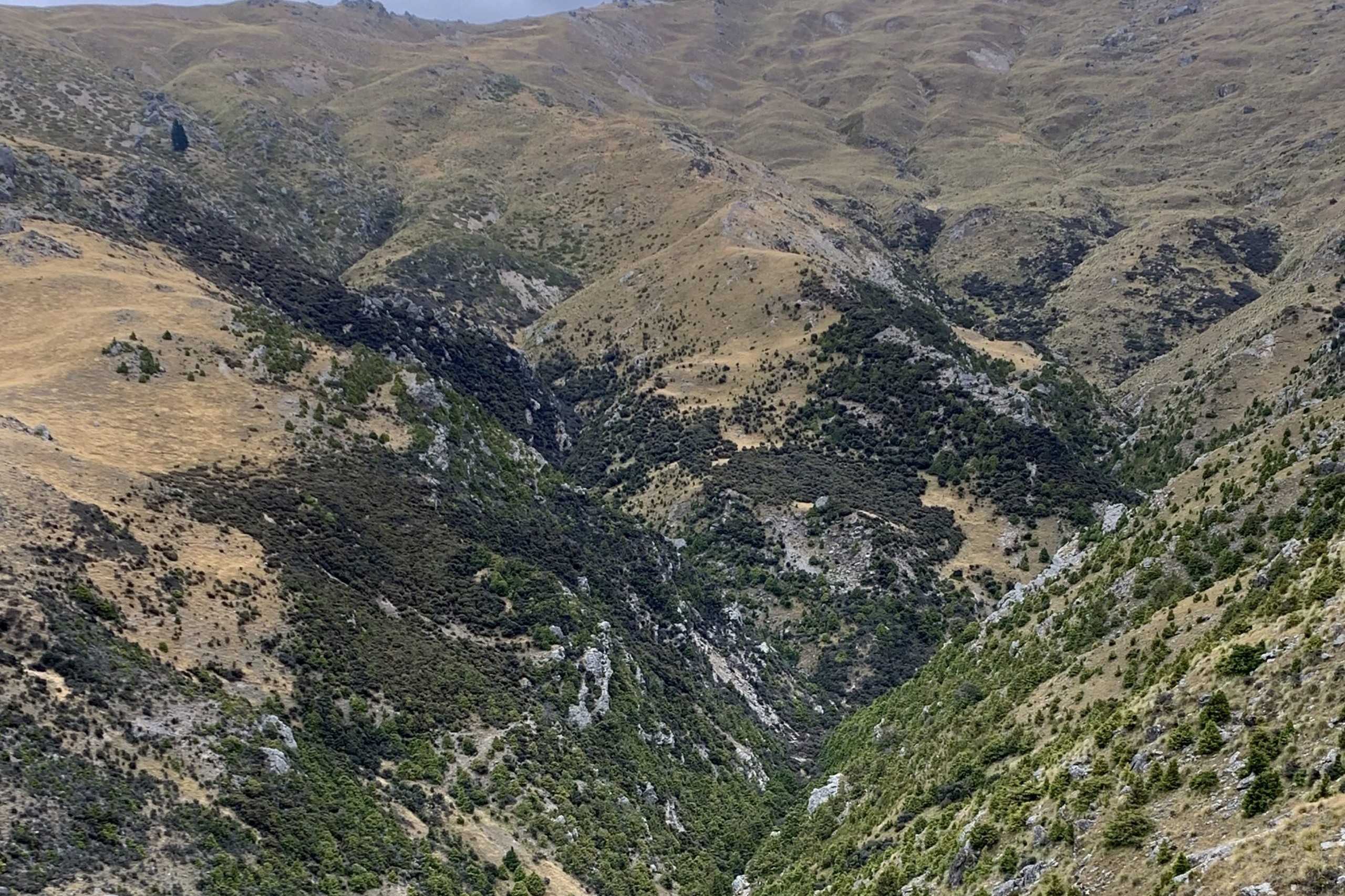Low rainfall, escaping deer and the culture of agriculture have got Andrew Steven thinking.
It is a bold or foolish person who commits weather predictions to print. Timaru has received 157mm of rain up to July 7 when the average year-to-date rainfall is 276mm. Either we can expect a lot more in the second half of the year or we are tracking for a low-rainfall year.
I watch the seven o’clock weather regularly with interest and I see a pattern of high pressure systems that are well south. I don’t see much to make me confident about rain prospects so I am planning on being behind on rain going through spring.
We haven’t had the difficulties Hawke’s Bay has experienced but we have been hand-feeding, juggling and contemplating feed strategies for long enough to be well over it. We have sold off lambs that we bought in earlier with an eye on a looming feed crunch about early August.
A desire to cut spending to the minimum had me examining the need to pregnancy scan ewes. How did we get on before we had the technology? With feed so tight this is not the year to find out. We did scan, with a disappointing result.
Our most recent stuff-up worth reporting occurred while trying to yard weaner deer, under time pressure, for the first time without their mothers. There were 200 in the mob and their behaviour was no worse than normal. They formed a huddle against a fence that is external and does not normally get pressured. I expected them to pop out, which they would have with a little more patience. Instead they surged, flattening the fence, and half escaped into a gorse-filled gully.
This is like watching a slow motion train wreck – you know what is about to happen, you know it is your own fault, and it is too late to prevent it.
We cut a fence in a good spot and very quietly worked the escapees up to the cut. Half went through the gap, the other half spooked and scattered. At this point we went home for a coffee and called for a helicopter. Our local pilot is highly skilled and had the rest back in no time.
The breeding potential of a hind is not high, and it is all backwards from there. We are losing quite a few pregnancies between scanning and fawning. There are losses from accidents, and weaners are quite keen to die for any reason.

We really should try a bit harder but the main attraction of deer is not doing much with them. Still, they are magnificent animals and good to work with. Over time, our deer have become very quiet to handle to the extent that they are hard work to push around the yards. Sheep, by contrast, are getting ever more crazy and present a danger to humans when in the yards.
In the wake of the Covid-19 many commentators have called for a transformation in how economies are run. They point to the need to look after people and the planet as paramount.
In this vein, the “Meat the Need” programme is an excellent initiative to help people. I think many farmers would be appalled that in this land of plenty we have hungry people.
Another transformation that you might care to think about is how the term Agri-culture had the culture removed and became agri-business. The language of agribusiness – EBIT, KPI, ROIC, gross margin – all very interesting… if you are an accountant.
Surely the term “agriculture” must embrace a whole lot more. It is what supports seven billion people. Agribusiness is a narrow term associated with greedy banks.
At your next discussion group meeting you could explore some “culture” terms – agro-ecology, ecosystem services, externalities, diversity, neoliberal economics, farmer wellbeing.
The third transformation that has not been properly discussed is how New Zealand capitalist enterprise has suddenly transformed itself into a government beneficiary.




